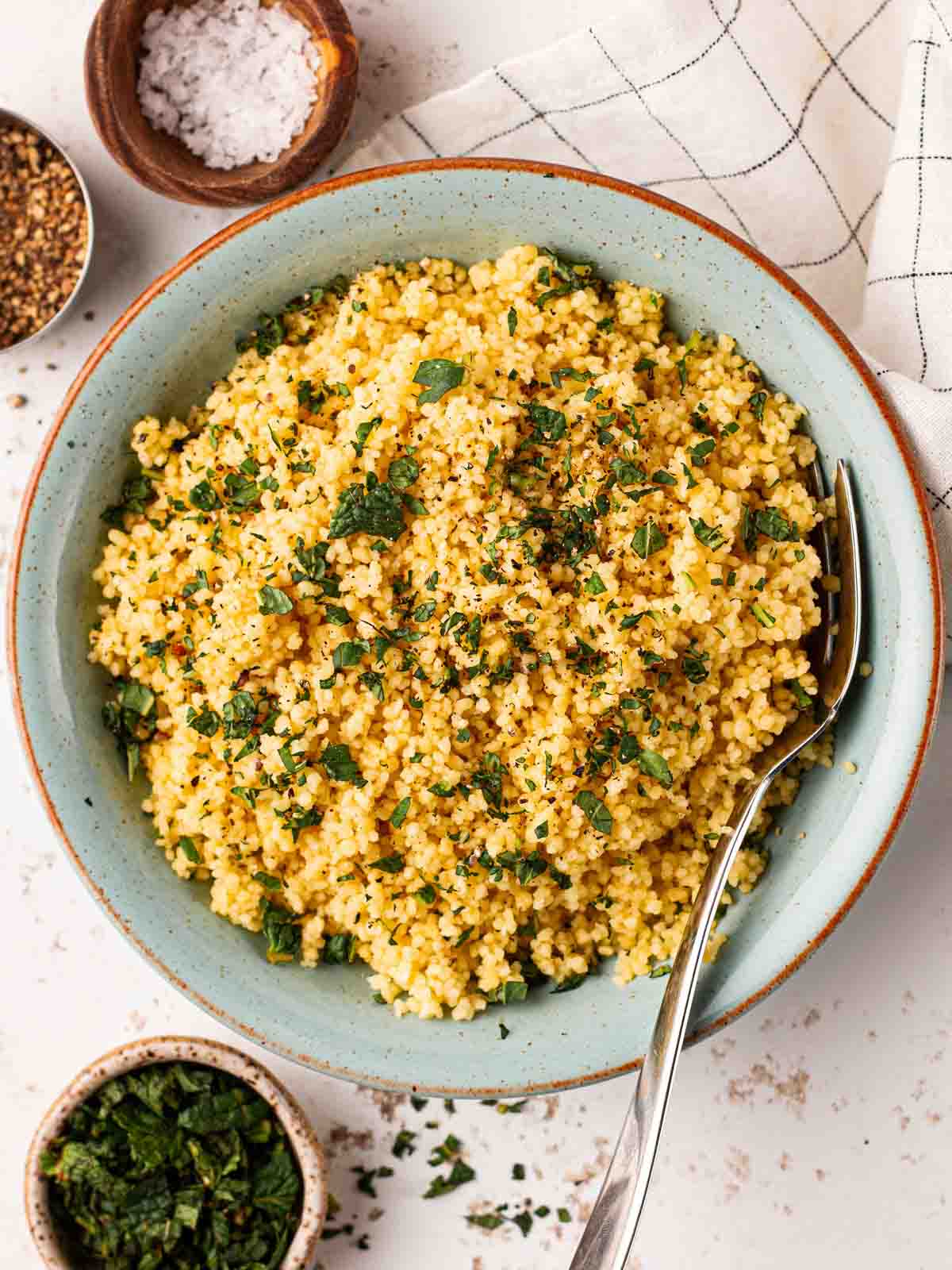Health Benefits of Couscous
What are the health benefits of couscous?
Couscous is a versatile and nutritious grain that offers several health benefits. Here are some of the key benefits of including couscous in your diet:
- Rich in Protein: Couscous is a good source of plant-based protein, which is essential for building and repairing tissues in the body. It is particularly beneficial for vegetarians and vegans looking to increase their protein intake.
- High in Fiber: Couscous is high in dietary fiber, which can help promote digestive health, prevent constipation, and reduce the risk of developing chronic diseases such as heart disease, diabetes, and certain types of cancer.
- Low in Fat: Couscous is naturally low in fat, making it a healthy choice for those looking to reduce their fat intake or maintain a healthy weight.
- Rich in Minerals: Couscous is a good source of important minerals such as selenium, which plays a key role in thyroid function and antioxidant defense, and manganese, which is important for bone health, metabolism, and wound healing.
- Provides B Vitamins: Couscous contains several B vitamins, including thiamine (vitamin B1), riboflavin (vitamin B2), niacin (vitamin B3), and folate (vitamin B9), which are important for energy production, metabolism, and red blood cell formation.
- Gluten-Free Option: Couscous made from 100% whole grain is naturally gluten-free, making it a suitable choice for those with gluten intolerance or celiac disease.
- Quick and Easy to Prepare: Couscous cooks quickly and is easy to prepare, making it a convenient option for busy individuals or families.
Overall, couscous is a nutritious and versatile grain that can be a healthy addition to a balanced diet. It can be enjoyed on its own as a side dish or mixed with vegetables, herbs, and spices for a more flavorful meal.
What are the health risks of couscous?
Couscous is generally considered safe for most people and is not associated with any significant health risks. However, there are a few considerations to keep in mind:
- Gluten Sensitivity: While traditional couscous is made from wheat, which contains gluten, there are gluten-free versions available that are made from alternative grains such as corn or rice. Individuals with gluten sensitivity or celiac disease should choose gluten-free couscous to avoid adverse reactions.
- Calorie and Carb Content: Couscous is a carbohydrate-rich food and can be high in calories if consumed in large quantities. People who are watching their calorie or carbohydrate intake should be mindful of portion sizes.
- Potential Contamination: Cross-contamination can occur if couscous is processed in facilities that also process wheat products, leading to inadvertent gluten exposure for those with gluten sensitivity or celiac disease.
- Added Ingredients: Some commercially prepared couscous mixes may contain added ingredients such as salt, sugar, or preservatives. It’s advisable to check the label and choose couscous with minimal added ingredients.
- Digestive Issues: Some individuals may experience digestive issues such as bloating, gas, or discomfort after consuming couscous, particularly if they have a sensitivity to wheat or grains.
Overall, couscous is a nutritious and versatile grain that can be part of a healthy diet for most people. However, those with specific dietary requirements or sensitivities should choose couscous varieties that meet their needs. As with any food, moderation is key, and it’s advisable to consume couscous as part of a balanced diet.




